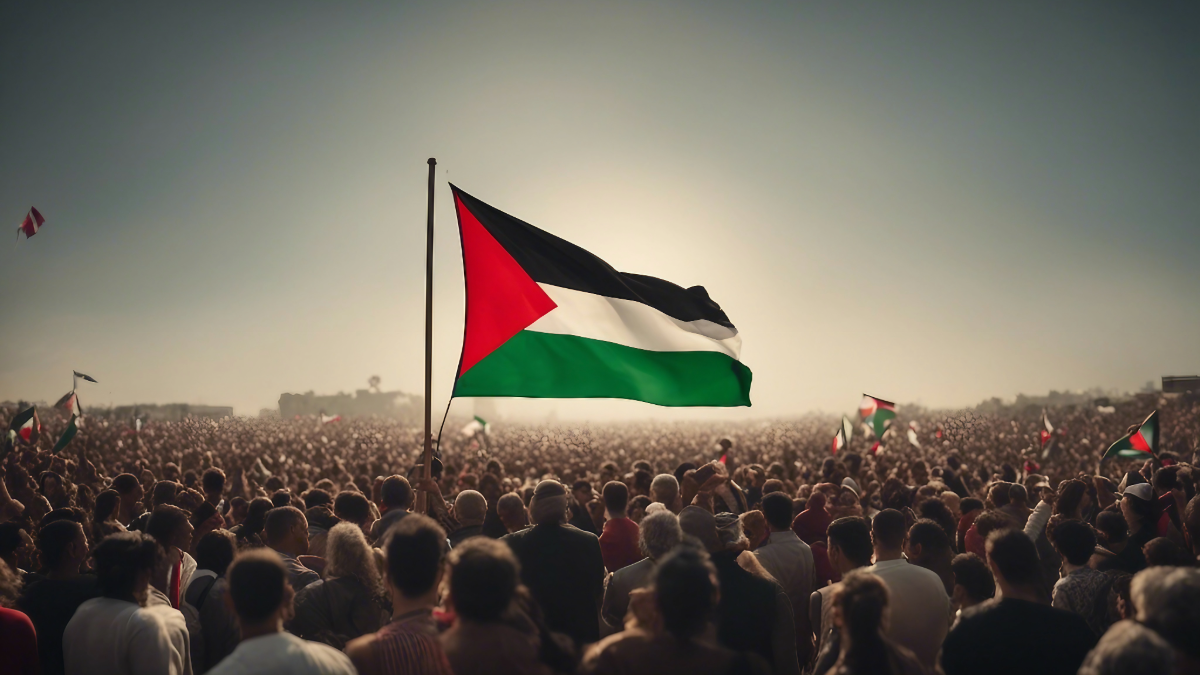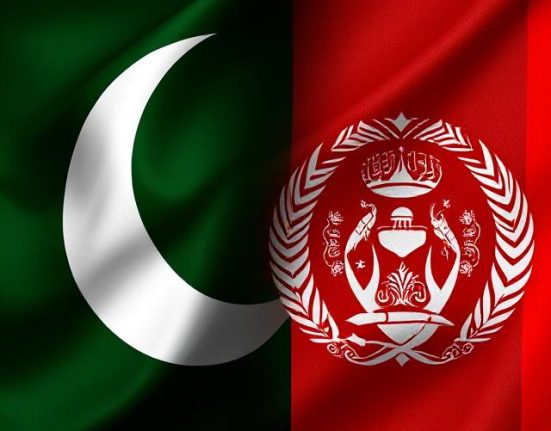Why the West must not look away
It was exactly one year ago yesterday – October 16, 2024 – when the Israel Defense Forces claimed to have killed Yahya Sinwar in Rafah, ending the life of a man widely known as the “Butcher of Gaza.”
Yet today, as Gaza tries to emerge from war, the systems of fear and oppression that Sinwar helped build still loom large in its streets.
The ceasefire and prisoner exchange that many hoped would herald a new beginning have instead coincided with an intensification of internal repression. Numerous reports now warn that Hamas is targeting Gazans it accuses of collaboration with Israel – not through legal processes, but via summary executions, torture, and beatings.
Grave allegations and public evidence
In recent days, videos have circulated online from Hamas of them executing, beating and breaking the limbs of people they believe to have worked with Israel.
These reports echo a long history: in January 2025, a video emerged showing armed men executing alleged collaborators in the Gaza Strip. While some remain unverified, the pattern is consistent with past investigations of Hamas abuses.
Human Rights Watch’s 2018 report, Two Authorities, One Way, Zero Dissent, documented how Hamas and the Palestinian Authority alike routinely carried out arbitrary arrests and torture against critics, even when those critics were civilians or political rivals.
The Amnesty International report “Strangling Necks” detailed how, during the 2014 Gaza war, Hamas forces abducted, tortured, and summarily killed Palestinians accused of collaboration.
In short, repression against perceived dissent or betrayal is not new in Gaza – what is new is how little attention the world now pays when the persecuted are Palestinians themselves.
Who speaks for their suffering?
Western media coverage of Gaza often focuses on Israeli airstrikes, on the destruction of infrastructure, on the flow of humanitarian aid – and rightly so, given the suffering. But the narrative frequently omits the horrors unfolding within Gaza’s internal policing.
Allegations of torture or execution by Hamas are often placed in brief paragraphs, lacking follow-up, or framed as “clashes among rival groups,” rather than as potential human rights violations.
This selective gaze matters. When the oppressed cannot even rely on external eyes to notice their suffering, their plight is further erased. The assumption that Gazans are passive victims of an external aggressor obscures the fact that powerful forces inside Gaza can also inflict violence – violence against their own people.
Sinwar’s legacy lives on
Sinwar’s death may have removed a face from power, but not the systems he helped entrench. His reputation was built on suppression, brutality and a willingness to consolidate control through fear.
The structures of internal security, the courts that try collaborators, the secret prisons and detention networks – these remain, now run by successors who still owe their legitimacy to the fear he cultivated.
In Gaza today, to be accused of collaboration may mean disappearance. To resist censorship or public narrative may mean detention without trial. The tragedy is that many of the same institutions once used against Fatah rivals, critics, or alleged traitors are again being brought to bear – not in the name of resistance, but in the name of suppression.
A call for true accountability
Gaza is not a closed box beyond the reach of Western voices. Journalists, NGOs, international bodies – all must push for access, documentation, and transparency.
The Independent International Commission of Inquiry has already affirmed that both Hamas and Israel committed war crimes, including torture and inhuman treatment. But a name on a list or a mention in a report is not enough.
The Western media must not continue to treat Gaza’s internal abuses as footnotes. When Gazans disappear at night, when beaten bodies surface, when fear reigns – those are stories worth covering. The moral responsibility here is not shared equally, but it’s simple: tyranny anywhere should not be met with silence everywhere.
Sinwar may be dead. But the legacy he built lives. It is up to the world and especially Western media to decide whether to look away again, or to shine a light.







